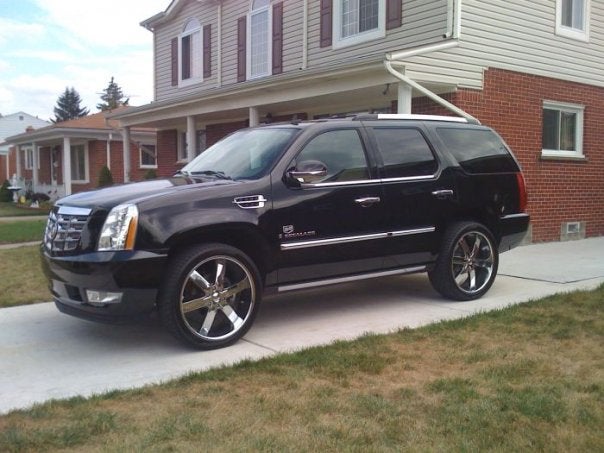So yesterday when a patient turned to me and said as they were leaving, “I have a question before I go…” I thought little of it. The cynic me expect some inane question devoid of common sense, as typically that is the question you receive in this stage of a pharmacy visit.
Instead what followed damn near caused my jaw to hit the pharmacy floor.
“I was reading up on health care legislation and kept coming across something called therapy services by pharmacists and how helpful it was for the patient. Wouldn’t it make sense for you guys to help out with my drug management instead of just my doctor?”After pinching myself and realizing that the patient, indeed, had said what she had just said, I quickly began to formulate a concise way to explain what she was talking about.
First, I mentioned that the majority of what she was talking about would be covered under the term MTM. I went over how it works and how it is integrated into current health care. We then glanced over some general cost savings associated with it that could be had, to which she replied,
“So, what you’re saying is that everyone could save money from doing this simply by catching problems before they get worse and making things more efficient? And patient's health could be better? Why aren’t we doing this already?”I then mentioned some of the studies that had attempt to do this sort of thing, and she wrote down information about The Asheville Project to do a little more research on her own. Lastly, I explained the difficulties we are facing in wide spread implementation of MTM services from the patient, provider and insurer prospective.
It was a conversation which lasted a mere 15 minutes or so, but nonetheless provided a wealth of information for her.
By the end of the conversation, I realized that she was just a typical patient who had stumbled upon what we are all striving for. Inquiring with the normal pharmacy staff, to find out if she was someone with extensive education and/or health care experience, they confirmed that she was none of the above.
And it was the closing statement she made that offered the most telling benefit of our conversation.
“Well pharmacists need to start getting more involved with this. I’m going to talk to someone at my insurer to see why they don’t insist on something like this for everyone because it seems stupid we’re not doing it already.”The patient gets it. A simple conversation explaining MTMs and the future role of pharmacy, and the patient gets it. And all it took was a little conversation during a slow afternoon in the pharmacy.
Are you listening APhA? This is exactly what I have been saying for the last year. If you want to proliferate the next generation of pharmacy services, don’t go after providers or insurers. Go straight to the source and start educating patients to the benefits of them.
It's a simple supply and demand problem. You can't create something without showing the demand for it. Recently I discussed with the Director of Pharmacy for a, somewhat, rural hospital on how they were implementing MTMs into their patient care for employees. Her, and the hospitals CFO's, idea was to force employees to use MTMs services combined with their own PBM. The plan then was to show the benefits of said program to local employers and attempt to show them the benefits that could be had.
Naturally this will work in their area, due to the small population size. On a larger scale, we need more grand ideas to challenge the status quo.
This little story could prove to be the catalyst that finally gets the proverbial ball moving. If this patient is as interested in MTMs as we are, why aren't we more vocal about it? Why aren't we casually mentioning it to patients who are waiting on slow days? Why aren't we pushing fliers and educational materials to show them what we can accomplish?
Why aren't we standing up for the profession on a daily basis to ensure that we reach our full potential?
APhA, are you listening?


